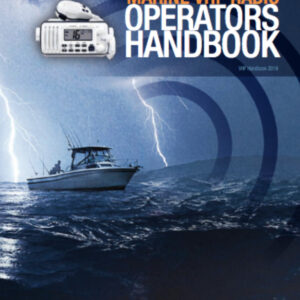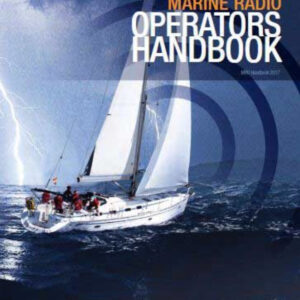Marine Radio License
All you wanted to know about a marine radio license and then some…
1
Is a marine radio licence required by law?
Although you do not need a licence to own a VHF marine radio, you are required to get a licence to use one. However, you can use a VHF radio if you are under the supervision of someone with a marine radio licence.
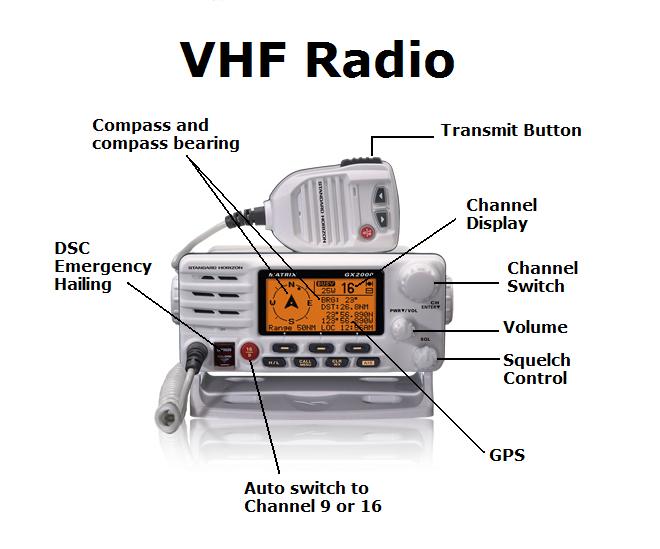
2
What type of marine radio licenses are there?
Well, there are 2 types.
- The Short Range Operators Certificate of Proficiency (SROCP) is simply for short-range VHF transmissions – say, if you sail no further than 2nm from land.
- Then there is the Long Range Operators Certificate of Proficiency (LROCP) which is more comprehensive and allows you to use VHF (Very High Frequency) as well as long range transmission with Medium Frequency (MF) and High Frequency (HF) radios.
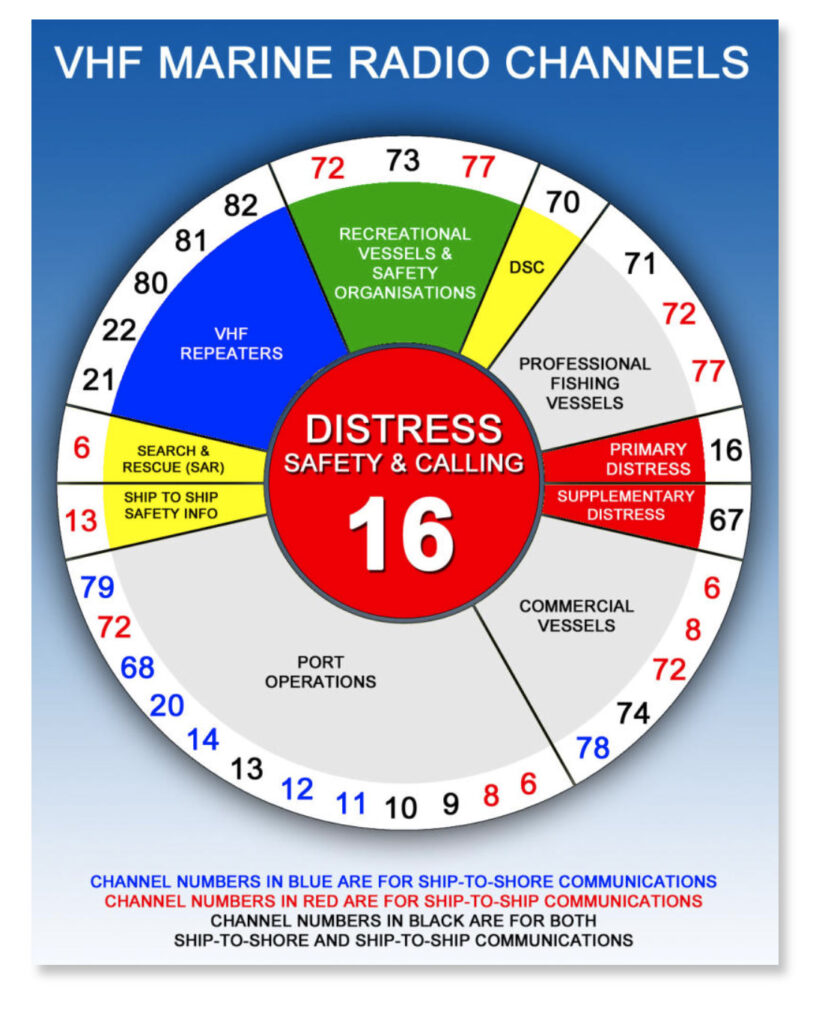
3
Which course is right for me?
Life is never simple, so which licence will suit me better? This has more to do with what your boating habits are. If you are a coastal sailor and never too far from shore, an SROCP will most likely do the job. It means you can operate a VHF radio on the VH frequency range. This will be sufficient for most recreational boaties…
If your dreams are to sail the seven seas, then you will probably want a longer range when communicating via marine radio. This is done on a lower frequency so the signal travels further. You need special HF and MF ratio equipment which not all boats have.
Both course cost the same. This means that if you go for the SROCP and you require an upgrade, then you need to pay for the LROCP. If you start with the LROCP your done and dusted as you are covered for VHF, HF and MF.
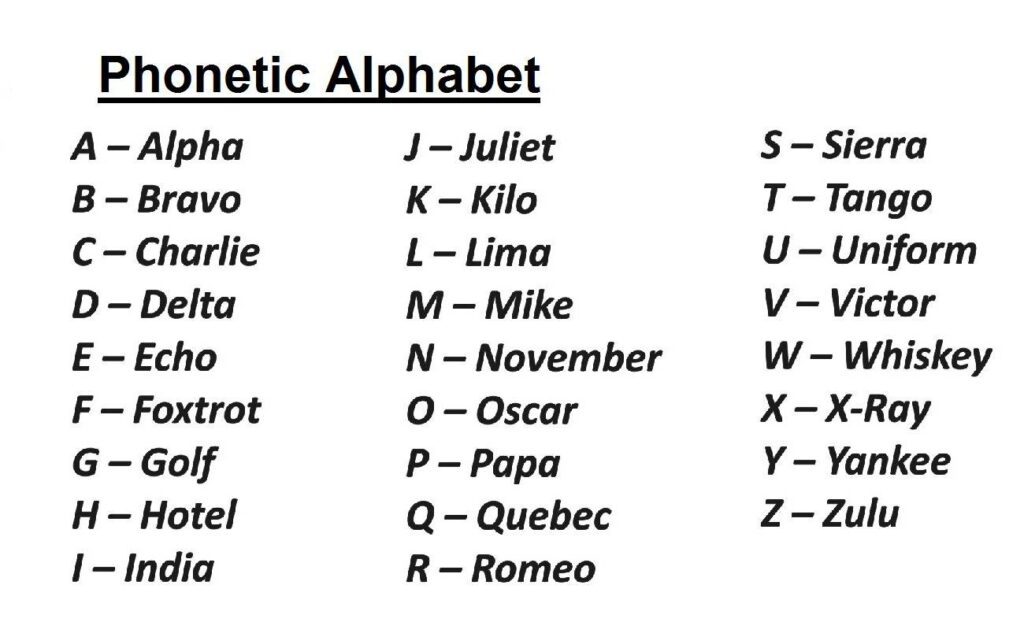
4
What else?
There is a closed book timed exam for both courses. For SROCP, there are 25 multiple-choice questions. The LROCP course has 50 multiple-choice questions. Both courses require a 70% pass mark.
To prepare for the exam, we have an online study guide with lots of explanations and quizzes. You can also practice sample exam questions for both courses by following the links below.
We recommend that you achieve a consistent 90% pass mark on these practice test questions before you sit for the final exam.
You can also download the marine radio handbooks or purchase a hard copy.
5
What will I learn?
Well, this depends on your current knowledge but the following topics are covered:
- An understanding of VHF (and MF/HF) marine radios
- An understanding and ability to use the phonetic alphabet
- The ability to distinguish between Ship Stations, Limited Coast Stations and Coast Radio Stations
- Knowledge of the procedures and channels needed while operating the radio
- The ability to comprehend safety, distress and urgency communications
- An understanding of Digital Selective Calling Communications
- The ability to identify the components of a marine radio
- An understanding of the maintenance requirements pertaining to radio equipment and power sources
- An understanding of the applications and limitations of different kinds of radio equipment
- An understanding of Search and Rescue in Australia
- An understanding of the use of SART’s and 406 MHz EPIRBS
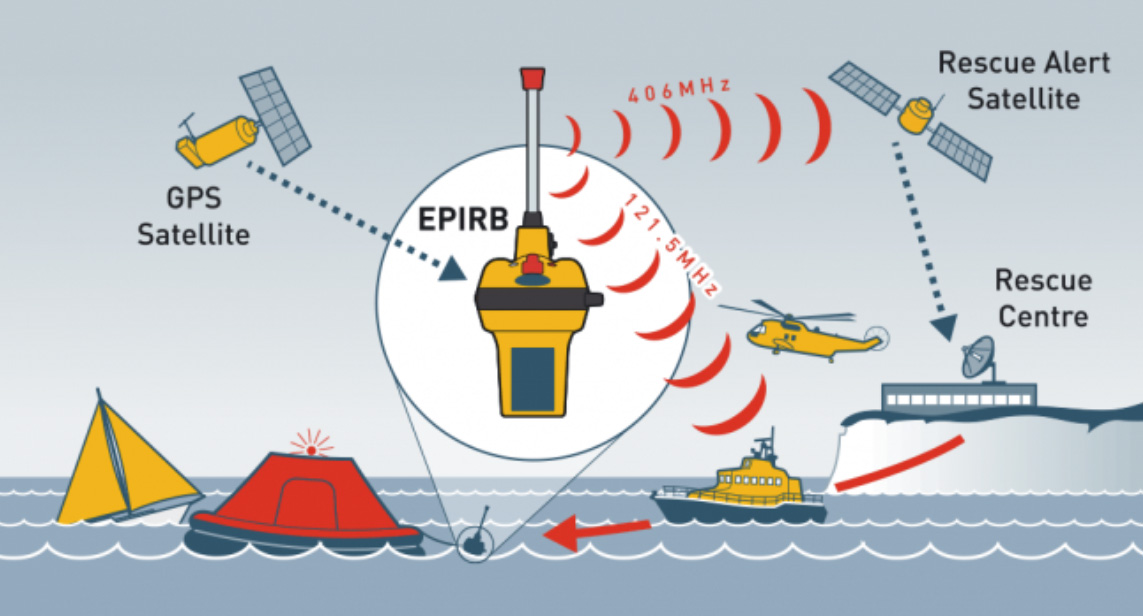
6
Are there any prerequisites?
- The minimum prescribed age is 16 years old.
- No prior knowledge or reading is required.
- The application must be completed and fees paid.
- We need one current, colour passport size photograph of yourself. You can get this done at most Post Offices.
- We need a photo ID on the day of the examination: eg driver’s licence.
- Having some radio experience is an advantage.
- Having access to a VHF radio is an advantage.
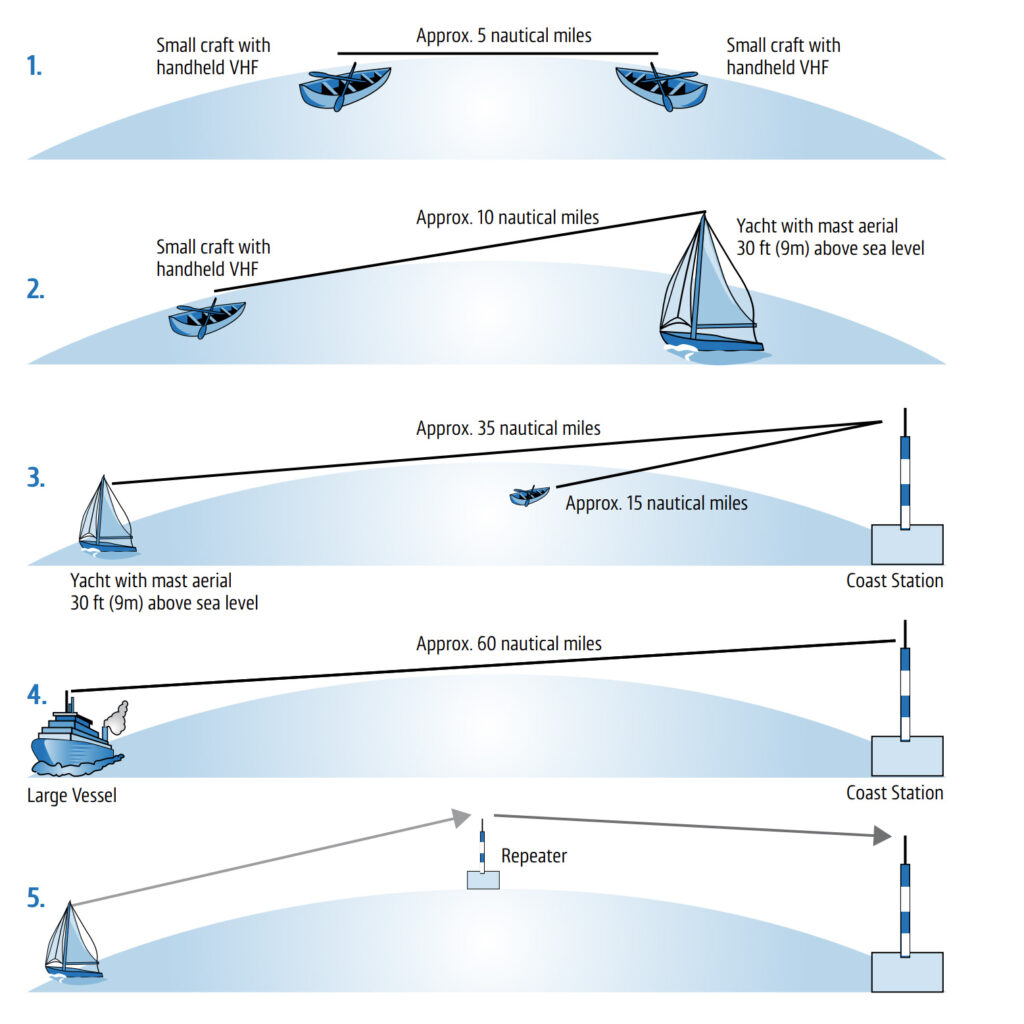
7
Finally, why should I get a radio licence?
We are talking about boating. This is normally done in an environment that can change from extremely pleasant to simple bad within the space of a few minutes.
- Your engine fails and you drift toward rocks
- You have a man overboard and you lost him in choppy waters
- Catch up on weather information
- Your crew just became violently ill
- You see a submerged freight container and want to warn others
- You didn’t see or hear about the submerged freight container and now your boat is sinking
- Insurance
- Peace of mind
- The list goes on…

